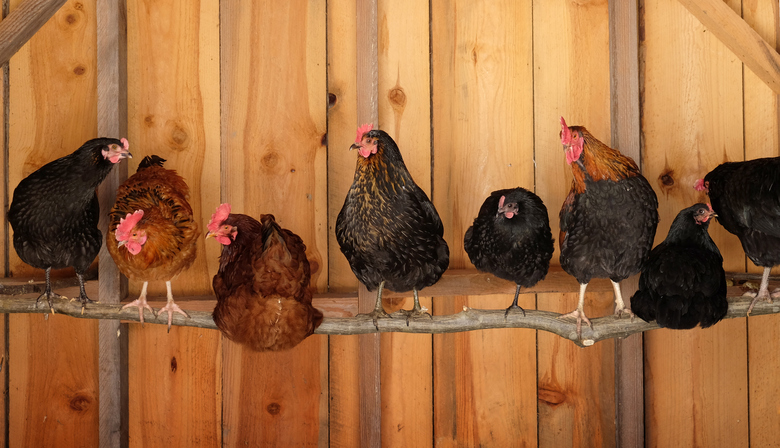beacon
(noun, verb)
/ˈbikən/
 LISTEN
LISTEN

A beacon tower on a coastline
A beacon is a guiding signal, usually a light in a high up position, designed to attract attention or warn people. They were originally large fires used to signal people over long distances in the days before modern communications existed. A tower or hill used for that purpose is also called a beacon and, generally, a lighthouse can be called a beacon as well. Figuratively, a person who inspires or guides others can also be called a beacon. As a verb, to beacon means ‘to provide with beacons.’
Example sentences
- Seeing the beacon lit to the east, the villagers rushed to light their own beacon and warn the next village to the west.
- A series of beacons was built along the coast.
- The ship saw the light from the beacon.
- A good teacher can serve as a beacon to his or her students.
- The whole coastline has been beaconed.
Words often used with beacon
radio beacon: a nautical radar device at a fixed location that, upon receiving a radar pulse, transmits a reply pulse that enables the original sender to determine his or her position relative to the fixed location.
In pop culture
Those of you who play Minecraft may know that in this game, a beacon block is a type of block that you can make. It sends a beam of light upward, and can provide status effects to players who come near it. Here’s a video explaining how to create and use them:
Additional information
In the UK, a Belisha beacon is a flashing light in an orange globe mounted on a post, indicating a pedestrian crossing (crosswalk in US English) on a road.
Did you know?
Some places have the word beacon in their names in the UK, and this is usually because they were places where beacons were lit. They will normally be hills or a group of hills or peaks, like the Brecon Beacons in Wales, a mountain range with six peaks making up part of the Brecon Beacons National Park, which includes three other ranges of mountains and hills. You can learn more about the Brecon Beacons and see some of the scenery in this video:
Don't confuse it with
Be careful not to confuse beacon with beckon, a verb that is related to beacon, and means to summon someone, invite them to approach or follow you using a gesture, or appear attractive or inviting.
Origin
Beacon dates back to the early 10th century. The Old English bēacen (pronounced like beacon is now) meant ‘sign or signal,’ though it was also often used figuratively to refer to lighthouses themselves. The spelling changed, in Middle English, to beken, and then again to the form we are familiar with in Modern English. It comes from the West Germanic noun baukna (beacon, signal), and is related to the Old Frisian baken the Old Saxon bokan and Old High German bouhhan, all of which have the same meaning. Some linguists think that it comes from the Latin bucina (‘signal horn’ or ‘crooked horn or trumpet’), but others think it more likely originated in the Proto-Indo-European root bhew-, a variant of bha-, meaning ‘to gleam or shine.’ The figurative sense dates back to around the year 1600. The verb comes from the noun, though the date it started to be used instead of beckon (as this verb’s meaning altered) is uncertain.
Word of the Day is released Monday through Friday.



